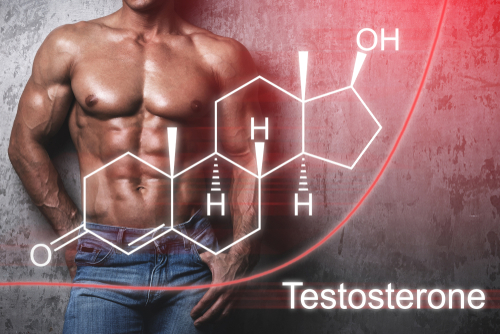 Erection problems (impotence) are very common, particularly in men over 40. It's usually nothing to worry about but its important to get tested. It could be the sign of a more serious problem. Erection problems (impotence) are very common, particularly in men over 40. It's usually nothing to worry about but its important to get tested. It could be the sign of a more serious problem.
The Erectile Dysfunction/Impotence Profile includes testing for the following:
- Lipid Profile: Lipid profile or lipid panel is a panel of blood tests that serves as an initial screening tool for abnormalities in lipids, such as cholesterol and triglycerides
- Glucose: A blood glucose test measures the glucose levels in your blood. High blood glucose levels (hyperglycemia) may be a sign of diabetes, a disorder that can cause heart disease, blindness, kidney failure and other complications.
- Hemoglobin A1C (HbA1C): The HbA1C test is a blood test that provides information about your average levels of blood glucose, also called blood sugar, over the past 3 months.
- Thyroid-stimulating hormone (TSH): The test measures the amount of thyroid-stimulating hormone (TSH) in your blood, which is an indicator of thyroid disease. TSH is made by the pituitary gland, a tiny organ located below the brain and behind the sinus cavities. It is part of the body’s feedback system to maintain stable amounts of the thyroid hormones thyroxine (T4) and triiodothyronine (T3) in the blood.
- Prolactin: Prolactin is a hormone produced by the anterior pituitary gland, a grape-sized organ found at the base of the brain. Studies have found that high prolactin levels in men are linked to low sexual desire and erectile dysfunction, and men suffering from such conditions are sometimes tested for high prolactin levels.
- Total Testosterone: Testosterone is a steroid hormone (androgen) made by the testes in males. Measurement of total testosterone may help to explain why a man has difficulty in getting an erect penis (erectile dysfunction).
- Free Testosterone: This test measures the amount of unattached, or "free," testosterone in your blood. The free testosterone can help give more information when total testosterone is low.
- Prostate-specific antigen (PSA): PSA is a protein produced mainly by cells in the prostate gland and can be a useful indicator of prostate cancer. You should get tested if you have symptoms of prostate disease, such as difficulty in passing urine, straining or taking long time while urinating, hesitancy, weak flow, terminal dribbling or passing urine more frequently than usual especially during the night.
|